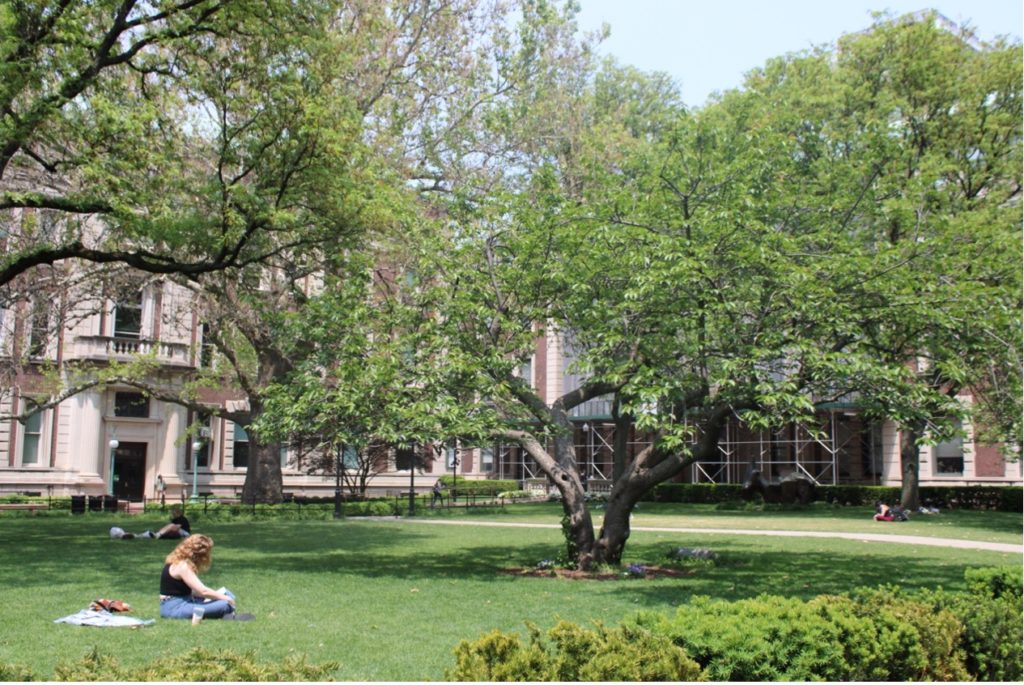Written by: Josh Nodiff
What role should universities play in advancing climate action? An interdisciplinary environmental education, as well as vocational training for green jobs, are certainly necessary and in high demand. However, pedagogy is far from enough. Universities have a moral responsibility to leverage their intellectual capital and respond to the needs identified by communities on the frontlines of the climate crisis.

Rashawn Merchant/Earth Shiners
Communities around the world are organizing themselves to ameliorate the ways in which they are harmed by the climate emergency. Universities can offer unparalleled support to frontline communities in the struggle for a just and regenerative future. Legal aid, financial resources, data literacy, policy analysis, research facilities, media power, scientific tools, and technical training are some ways universities can tap into their vast intellectual capabilities.
Such an approach would necessarily enable universities to transform climate research into climate action. It requires shifting the purpose of universities from research to action. However, certain parameters must be implemented to ensure an approach grounded in justice, trust, and accountability. For instance, the support offered by universities must be pro bono, with no strings attached. Universities must not search blindly for problems to solve but rather listen to and learn from the wisdom and leadership of frontline communities.

Rashawn Merchant/Earth Shiners
Universities must be invited to a community and must follow the invitation with a question asking how they can best support communities. Rather than prescribing their own solutions, universities must uplift the solutions already being developed by communities and bolster those solutions through the redistribution of intellectual capital. Climate research conducted at universities is typically funded by third-party investors seeking to advance their own agendas. Climate action, however, must be devoid of such prescriptive and preordained solutions.
Universities can be indispensable in supporting frontline communities in the struggle for climate justice. However, mutual trust is a necessary requirement — especially when trust has historically been absent or abused — and transformative change can only happen at the speed of trust.

Leave a Reply